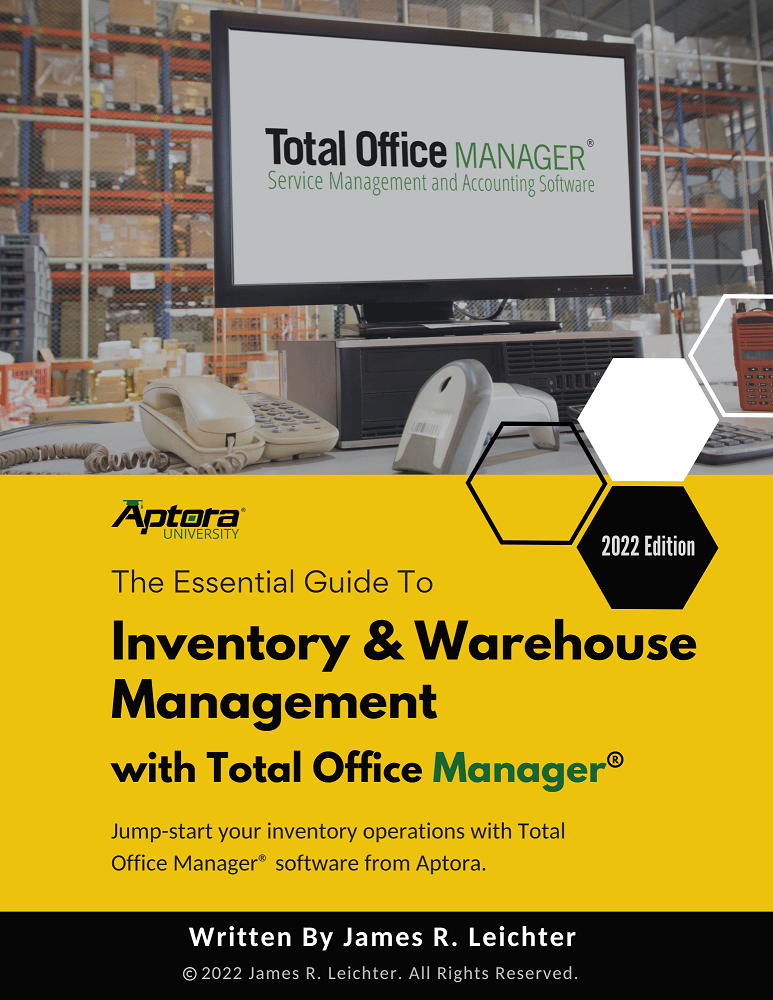
The Retail Accounting Playbook: Bookkeeping, Inventory, COGS, and More
Over my many years in the field service industry, I’ve learned that the way you look at your numbers can really make or break you

Key Takeaways
Today, contractors know a strong online presence isn’t just an option—it’s a must. For a long time, the HVAC industry resisted web outreach, and content marketing for contractors just wasn’t ‘a thing.’ Today, however, the cost of not adapting is very high. What was once optional is now essential, and many small to mid-sized businesses now understand the “adapt or die” reality all too well. Yes, it can be complex, frustrating, and time-consuming, but digital marketing is vital to revenue and is the lifeline for supporting your business’s longevity.
So, here are 13 powerful contractor marketing strategies to help you level up your online presence and keep your business growing:
Old habits in internet marketing are hard to break, but what worked ten years ago may not work today. To see what’s effective, start with the data. Use tools like Google Analytics to track and analyze your website, pages, and ads. This will help you understand:
Without data, you can’t make informed decisions. Use Google Analytics to track your performance and consider paid options like Moz or SEMRush for more detailed insights. Tools like SpyFu can even let you see how your competitors are performing. Focus on:
💡 Pro Tip: Start Small
Start small and scale your efforts. If you’re new to digital marketing, focus on one or two strategies that align with your business goals, such as improving your Google My Business listing for local visibility or creating a blog post answering common client questions. Track your results using tools like Google Analytics or free social media insights. As you gain confidence and see what works, reinvest time and resources into expanding your strategy with tactics like social media ads, video marketing, or professional SEO help.
You no longer need to rely on in-person networking. Social media networks like LinkedIn, Facebook, and Instagram allow HVAC businesses to quickly build relationships and increase brand awareness online. For this reason, embracing social media is essential for growth and remaining competitive. Effective content for social media includes:
New to social media and have no clue what to post? Check out these stellar digital marketing ideas for contractors to learn how to build your brand across social media.
Inbound marketing for contractors is a vital piece to the successful digital marketing pie. To do it right, avoid flooding the internet with short, generic blog posts. Instead, aim for in-depth, high-quality posts of at least 800 words. These are more likely to be shared on social media and linked to by others. High-quality content should be:
Video marketing for contractors is also an effective tool for establishing your online presence – if you haven’t already, we recommend you try your hand! Also, make an effort to stay up to date with digital marketing trends to keep your content engaging and encourage viewers to share.
To create a solid online presence, your brand needs a consistent look and feel. Use a web-ready logo and apply it consistently across your website, social media, and online listings. A strong brand presence is:
Digital marketing is constantly evolving, and HVAC businesses must adapt. Google frequently updates its algorithms, so be ready to adjust your approach. Change can stem from:
Discover how to optimize your site for better visibility on search engines here!
Black-hat SEO tactics like keyword stuffing or link schemes used to work, but now they hurt more than they help. Google penalizes these outdated practices, so steer clear of:
Here are some great contractor marketing tips and best practices to get you started!

Building quality links from trusted sources is a gradual but rewarding process. Focus on writing great content that naturally attracts inbound links. Also, use:
Many HVAC businesses are surprised to see themselves listed in online directories they never submitted their information to—thanks to data aggregation services like Neustar and Acxiom. Check out these directories (and others alike) and make sure your listings are:
Marking a business’s location on Google helps to improve local SEO for contractors and helps businesses appear in search results. Local searchers are also often matched with nearby businesses; so it is essential to map your business location accurately to show up on:
Most visitors in 2023 will likely reach your website via mobile. Design your site with mobile users in mind to ensure they can easily find your business information and contact you. Key mobile aspects include:
Lead generation for contractors can be tough but knowing who you’re targeting can make your marketing efforts way more effective. Identify your ideal customer’s needs and preferences so you can tailor your message. Consider aspects like:
Many contractors try to handle digital marketing alone, but a professional team can free up your time and deliver higher-quality results. Hiring marketing pros can assist with:
In today’s competitive landscape, digital marketing for contractors is no longer an optional tool—it’s an essential element of business growth and resilience. By implementing these strategic tips, you’re positioning your brand for enhanced visibility, customer engagement, and sustained impact. Digital marketing success is a journey that demands both dedication and adaptability, but with each step, you’ll unlock new opportunities to elevate your business and strengthen its foundation. So, embrace the digital frontier, leverage these insights, and let your marketing efforts become the driving force behind your success in an ever-evolving marketplace.
While the article emphasizes tracking performance data using tools like Google Analytics, it does not explain how contractors can calculate their return on investment (ROI) from specific digital marketing campaigns or strategies.
The article focuses heavily on digital tactics but does not address how contractors can combine traditional marketing (e.g., local ads, trade shows) with their digital efforts to create a cohesive strategy.
While the article discusses managing business listings, it does not provide guidance on addressing customer feedback or maintaining a positive reputation online.
The article encourages creating high-quality, engaging content but does not dive into niche-specific recommendations that could help contractors tailor their content to their target audience.
The article mentions hiring professionals and using tools like Moz or SEMRush but does not discuss budget allocation or how to decide which areas (e.g., social media, SEO, paid ads) to invest in based on business goals.

Subscribe to our newsletter


By submitting this form, I agree to receive marketing communication via phone call, email, or SMS from Aptora.

By submitting this form, I agree to receive marketing communication via phone call, email, or SMS from Aptora.